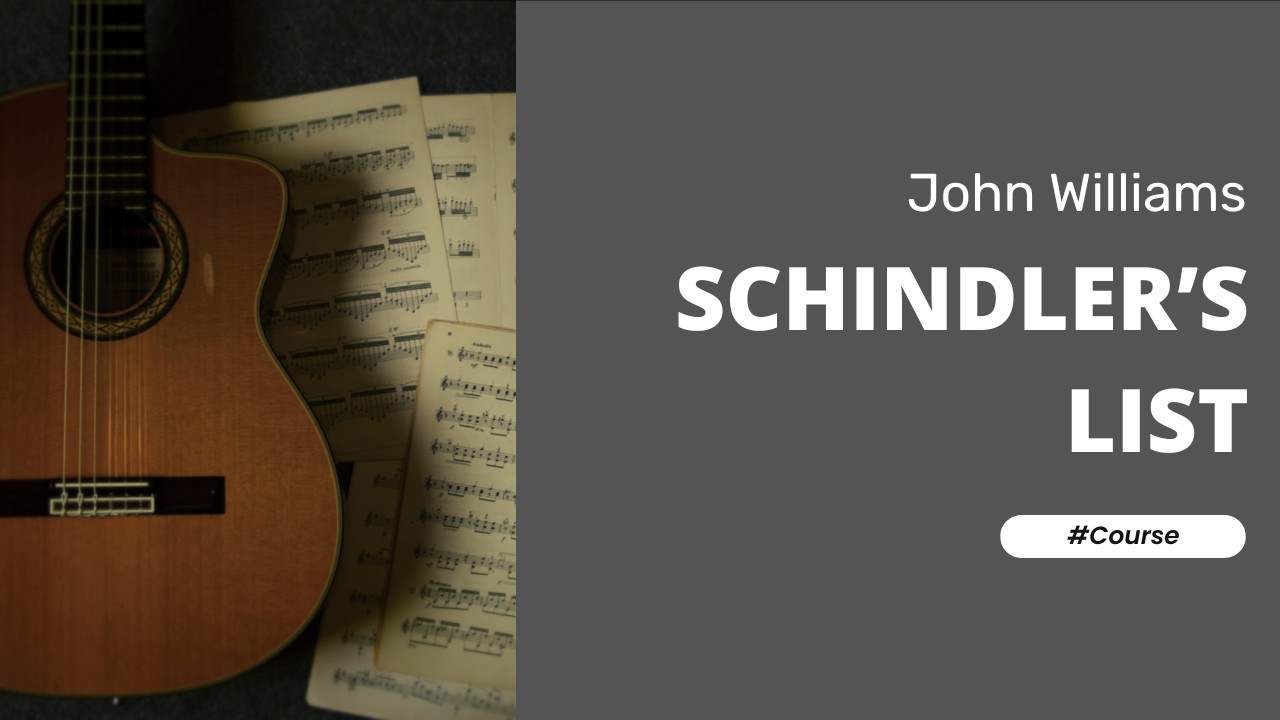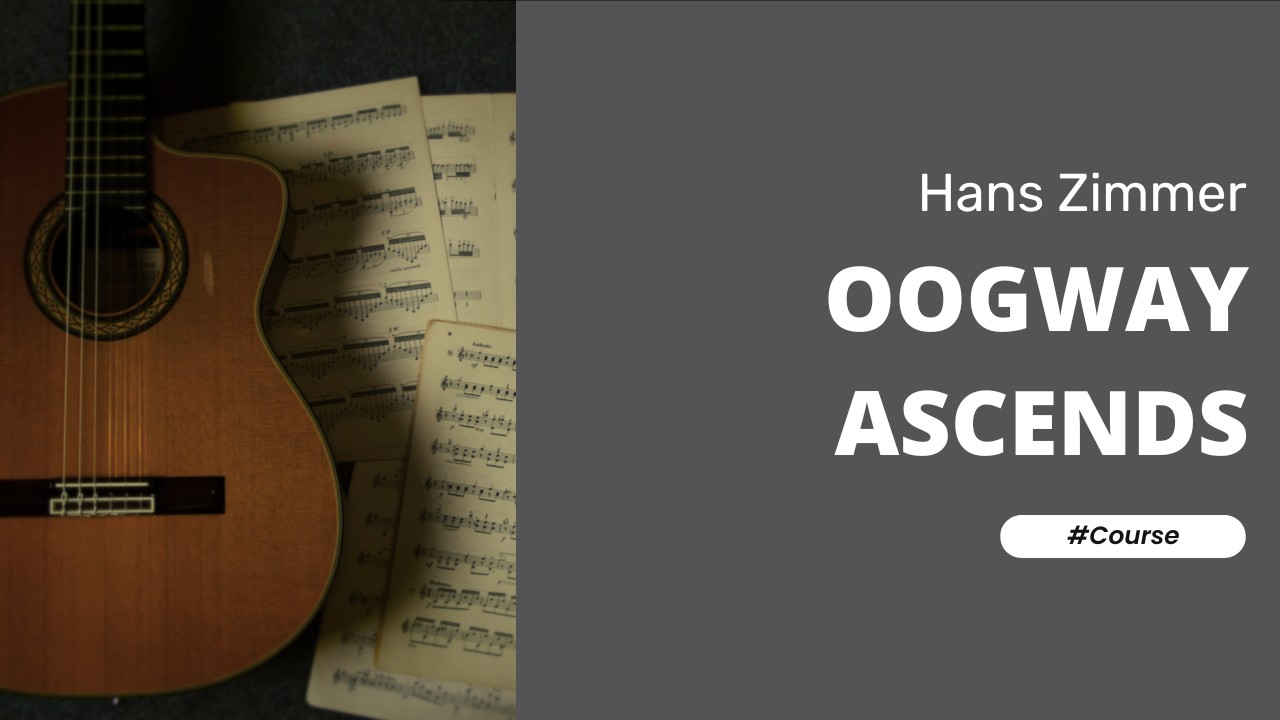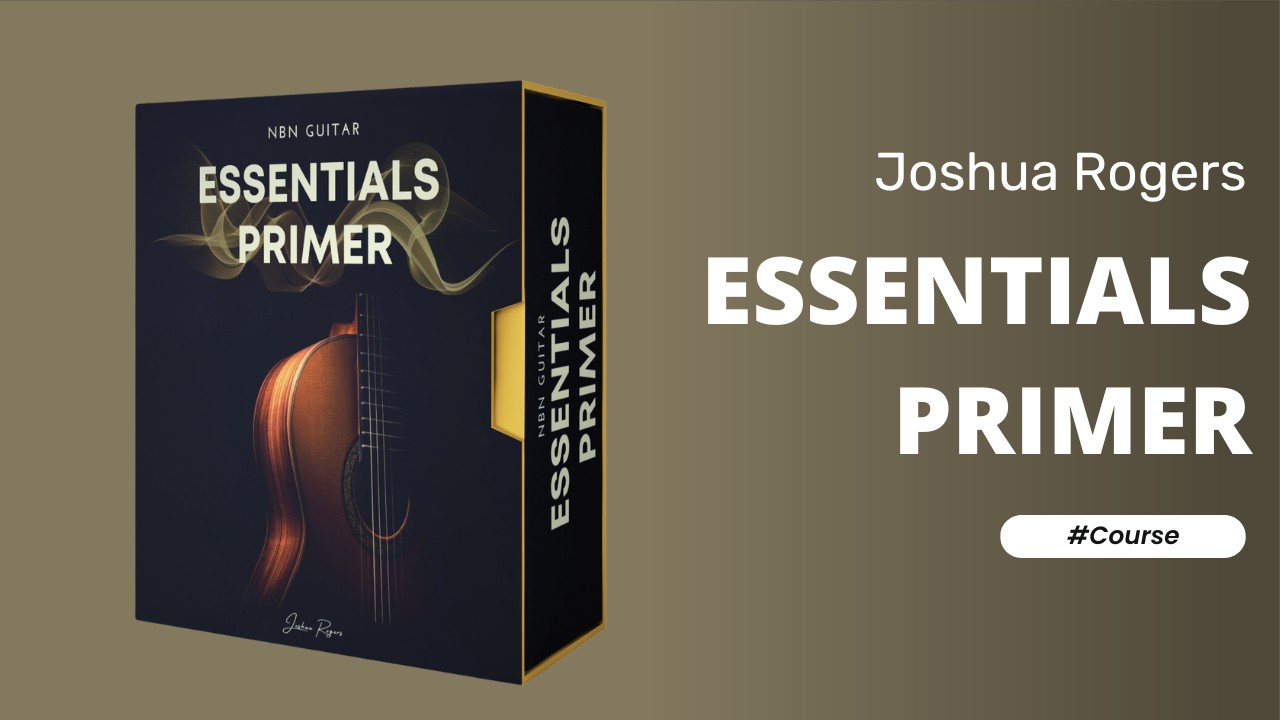La Paloma by Sebastian Yradier
Introduction
“La Paloma” by Sebastián Yradier is one of the most famous and enduring pieces in the Latin American musical tradition, celebrated for its lyrical beauty and evocative melodies. Originally composed in the 1860s by Yradier, a Spanish composer known for his habaneras, “La Paloma” quickly gained popularity across the world. The piece’s title translates to “The Dove,” and its music captures the romantic and nostalgic sentiments associated with this symbol of peace and love.
Transcribing “La Paloma” for classical guitar brings a new dimension to this timeless piece, highlighting the instrument’s ability to convey both melodic richness and intricate rhythms. The habanera rhythm, with its characteristic syncopation, provides a lilting and dance-like quality that is both captivating and soothing. The melody of “La Paloma” is expressive and lyrical, allowing the guitarist to explore a wide range of dynamics and tonal colors.
Performing “La Paloma” on classical guitar requires a blend of technical skill and expressive nuance. The guitarist must navigate the piece’s flowing arpeggios and subtle rhythmic shifts with precision, ensuring that the melody sings out clearly. Attention to phrasing and dynamics is crucial to capturing the piece’s romantic and sentimental character. My favourite performance of this is by Pepe Romero at a live concert in Seoul, South Korea in the 1990s.
“La Paloma” remains a beloved piece in the classical guitar repertoire, offering both performers and audiences a chance to experience the charm and emotional depth of Yradier’s music. Its combination of melodic beauty and rhythmic vitality makes it a timeless favorite, continuing to enchant listeners worldwide.
Here are the various techniques you will need to know in order to play this piece correctly:
-
Artificial harmonics
-
Natural harmonics
-
Palm mute
-
Arrastre
-
Ligados
From an actual interpretation side it is very important to not overplay the bass line and accompanying notes. The melody must stand clear and proud. In fact many players are guilty of playing this piece giving equal importance to all notes and this sadly detracts from the lilting melody.
Musical Style
Sebastián Yradier’s musical style is characterized by its melodic charm and rhythmic vitality, blending elements of Spanish folk music with the elegance of classical forms. Yradier, a Spanish composer of the 19th century, is best known for his habaneras— a genre that combines the rhythms of African and Cuban music with Spanish lyrical sensibilities. His compositions are marked by their catchy melodies, syncopated rhythms, and evocative harmonies, often reflecting the romantic and nostalgic themes typical of the period. Yradier’s music has a timeless appeal, capturing the essence of cultural exchange and the spirit of the places and times he experienced.
Notable Pieces
Five notable pieces by Sebastián Yradier:
• El Arreglito
• La Paloma
• La Prisionera
• Las Quejas
• Los Ojos de Pepa
Let your fingers fly!
Josh
Course Instructor
La Paloma Course
About this Course
Introduction
“La Paloma” by Sebastián Yradier is one of the most famous and enduring pieces in the Latin American musical tradition, celebrated for its lyrical beauty and evocative melodies. Originally composed in the 1860s by Yradier, a Spanish composer known for his habaneras, “La Paloma” quickly gained popularity across the world. The piece’s title translates to “The Dove,” and its music captures the romantic and nostalgic sentiments associated with this symbol of peace and love.
Transcribing “La Paloma” for classical guitar brings a new dimension to this timeless piece, highlighting the instrument’s ability to convey both melodic richness and intricate rhythms. The habanera rhythm, with its characteristic syncopation, provides a lilting and dance-like quality that is both captivating and soothing. The melody of “La Paloma” is expressive and lyrical, allowing the guitarist to explore a wide range of dynamics and tonal colors.
Performing “La Paloma” on classical guitar requires a blend of technical skill and expressive nuance. The guitarist must navigate the piece’s flowing arpeggios and subtle rhythmic shifts with precision, ensuring that the melody sings out clearly. Attention to phrasing and dynamics is crucial to capturing the piece’s romantic and sentimental character. My favourite performance of this is by Pepe Romero at a live concert in Seoul, South Korea in the 1990s.
“La Paloma” remains a beloved piece in the classical guitar repertoire, offering both performers and audiences a chance to experience the charm and emotional depth of Yradier’s music. Its combination of melodic beauty and rhythmic vitality makes it a timeless favorite, continuing to enchant listeners worldwide.
Here are the various techniques you will need to know in order to play this piece correctly:
-
Artificial harmonics
-
Natural harmonics
-
Palm mute
-
Arrastre
-
Ligados
From an actual interpretation side it is very important to not overplay the bass line and accompanying notes. The melody must stand clear and proud. In fact many players are guilty of playing this piece giving equal importance to all notes and this sadly detracts from the lilting melody.
Musical Style
Sebastián Yradier’s musical style is characterized by its melodic charm and rhythmic vitality, blending elements of Spanish folk music with the elegance of classical forms. Yradier, a Spanish composer of the 19th century, is best known for his habaneras— a genre that combines the rhythms of African and Cuban music with Spanish lyrical sensibilities. His compositions are marked by their catchy melodies, syncopated rhythms, and evocative harmonies, often reflecting the romantic and nostalgic themes typical of the period. Yradier’s music has a timeless appeal, capturing the essence of cultural exchange and the spirit of the places and times he experienced.
Notable Pieces
Five notable pieces by Sebastián Yradier:
• El Arreglito
• La Paloma
• La Prisionera
• Las Quejas
• Los Ojos de Pepa
Let your fingers fly!
Josh
Course Instructor
La Paloma Course




